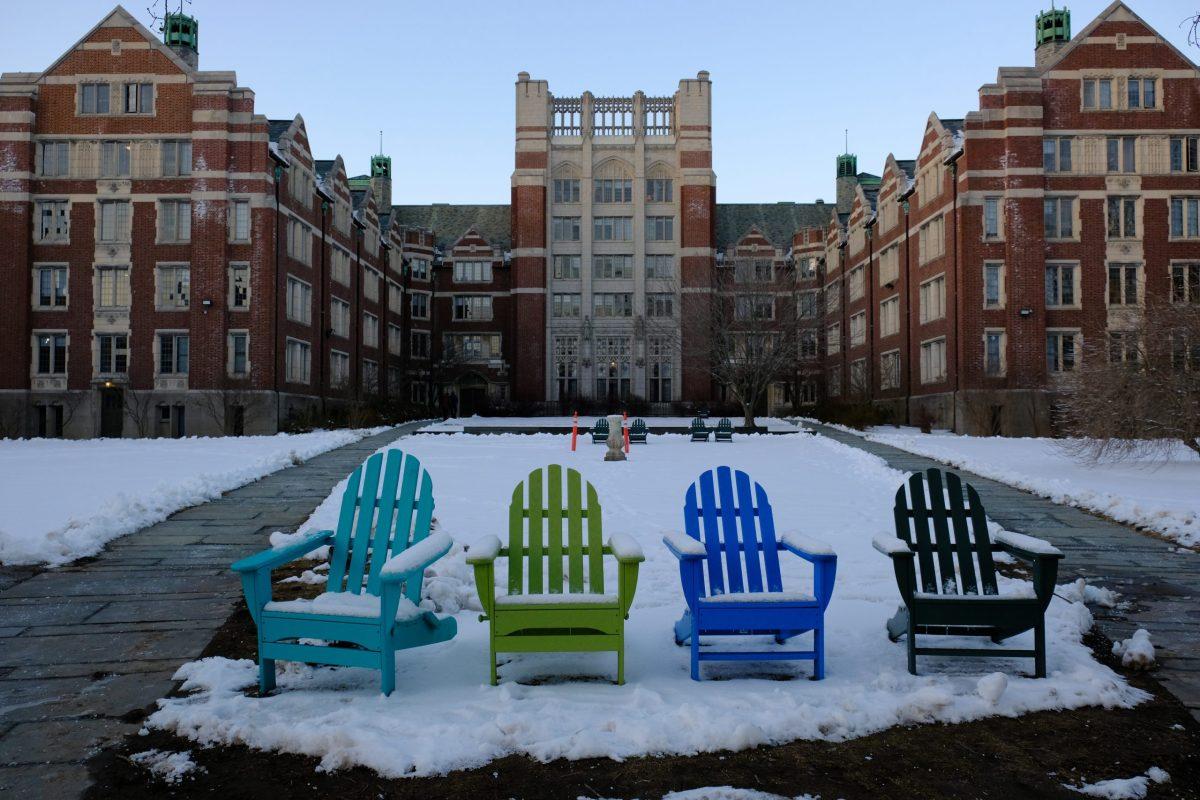On Oct. 18, both Residential Assistants (RAs) and House Presidents (HPs) received an email that they would be receiving an increase in their pay. The pay for RAs and HPs differ from other paid positions on campus as they receive both waivers for their housing and stipends rather than an hourly wage. Prior to the increase, RAs received a waiver for their housing of $2400 and a stipend of $2100, for a total of $4500. The RAs now receive a waiver of $3400 and a stipend of $3400, for a total of $6800. Prior to Oct. 18, the HPs received a total of $6100. Now, the HPs receive a waiver of $4500 to their housing and a stipend of $3800, for a total of $8300. According to RAs and HPs, the increase was unexpected and the housing staff had no previous knowledge of the increase before the email was sent out.
“I found out through email, … and I was really really surprised because there’s been a lot of talk about RAs wanting a pay raise or thinking that that’s fair, but I wasn’t expecting one,” Cameron Kang ’26, an RA in Claflin Hall of Tower Court, stated.
To many student residential staff, the increase has been a long time in the waiting. HPs and RAs have been fighting for an increase for many years, and they did not think an increase would happen any time soon.
Emi Marcano ’24 , the HP for McAfee on East Side, said, “We had been talking about it with the previous Director of Res Life, with Helen Wang, before she left, and she told us that she didn’t think it would happen before we graduated.”
RAs and HPs take on multiple roles both seen and unseen by residents. RAs host Community Engagement (CE) hours once and sometimes even twice a week, where they are responsible for responding to lockouts or crises. RAs also host monthly hall and all hall meetings. HPs and RAs are also in charge of keeping the halls safe overall, whether that is reporting damage in the building, responding to crowd control in emergency situations, or many other situations that they are trained for. HPs attend a three-week training in the summer, before most other students get to campus, to prepare them for mental health, first aid and other response training. Overall, the job of both the RAs and HPs is to keep residents safe while also creating a community. Marcano expressed overall happiness for the increase.
“As an HP we spent a lot of unpaid time whether that is in our day-to-day capability but also in the summer during training we come to campus three weeks before and that is almost a month that is dedicated entirely to Res Life, and I didn’t think that was compensated,” Marcano said.
According to Media Relations, the increase went into effect retroactively, so RAs and HPs will receive the increase for their time from the beginning of this year. Horton also expressed that the increase happened after discussions with administration and Student Residential Staff. The purpose of the increases was to make sure student residential staff felt that their work as leaders on campus was fairly compensated.
Marcano is hopeful for the increase and what it could mean for further relations between administration and students. “I think [the increase] shows that if you reach out to administration you can get change done,” she said. “Students were feeling a bit defeated that administration wasn’t hearing us, and I think this shows that they’re open to hearing us. I think there’s a long way to go still because Wellesley RAs and HPs are still underpaid; however, I think [the increase is] a step in the right direction, and for that I am super super grateful.”




